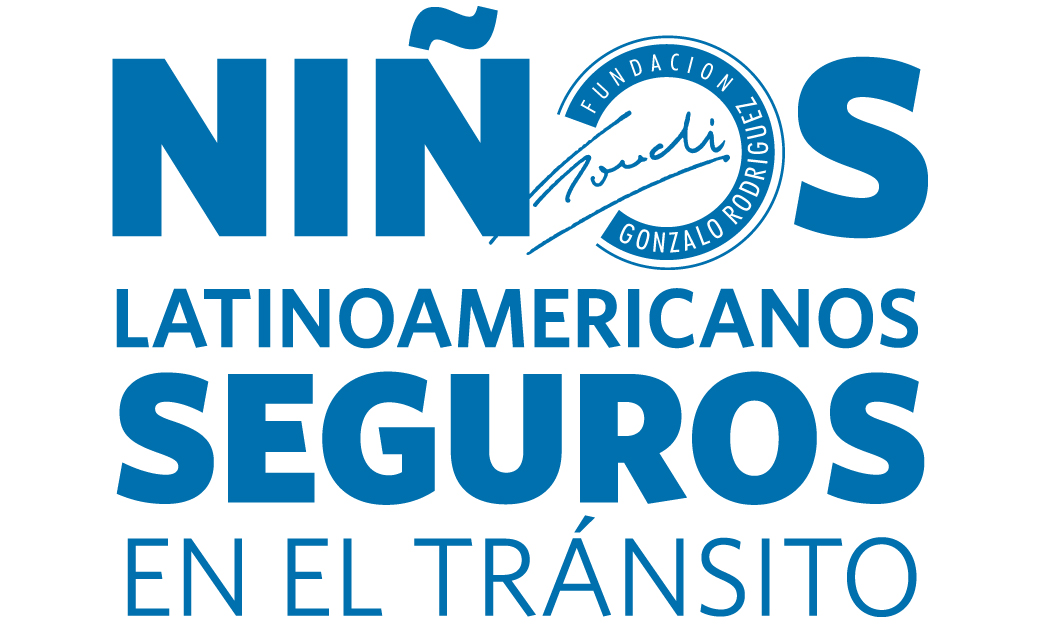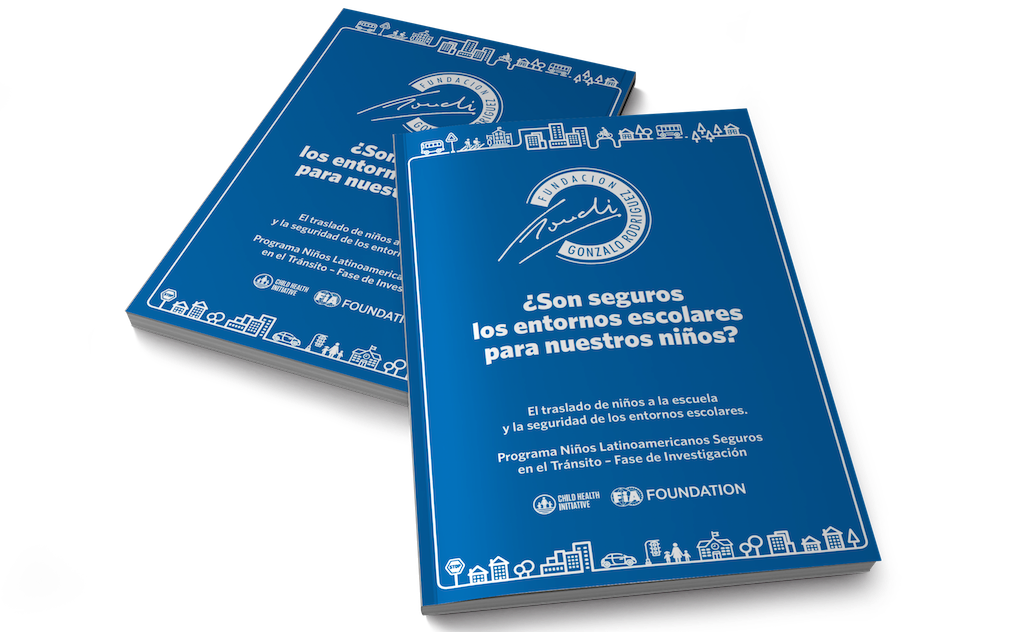Program: Latin American Children Safe in Traffic

Within the context of the inclusion of Road Safety issues in the UN’s Sustainable Development Goals that define an approach to sustainable transport policies, safe roads, green fuels, and equitable urban development, the FGR supports practical activities to make these Children's Rights possible.
In the following years the Fundación Gonzalo Rodríguez will continue with its articulated work at national and regional level, promoting knowledge exchange and technical support on safe child mobility among the different sectors involved, government, multi-lateral bodies, and civil society organizations.
In this regard, we widened our line of work including new topics such as, pedestrian child safety in school zones, and child mobility on motorcycles; these topics add to the work we have been conducting in the last 10 years on Child Passenger Safety, both in private and school vehicles.

Through the project "Latin American Children Safe in Traffic" the Fundación Gonzalo Rodríguez aims to contribute to reduce risk factors associated with car crashes involving children focusing on school zones by increasing knowledge on the state of the art and widening networks at regional level to cooperate in the creation of "safe systems" for children.
In order to achieve this objective, three lines of work were defined, each with its own goals to develop the proposal in a comprehensive and sustainable way. These are:
- Research - generating input to increase knowledge, to improve child safety in school zones, and to push the topic on the public policy agenda, the academic community and the public opinion in Latin America and the Caribbean.
- Knowledge transfer - to provide relevant and timely information for the implementation of tools and actions necessary for people and organizations from different contexts to promote child protection in school zones.
- Communication and public relations - to strengthen relations with groups that promote road safety, such as: governments, educational institutions and the media.
This will be a regional project, including two countries: Uruguay and Argentina.
- Share: